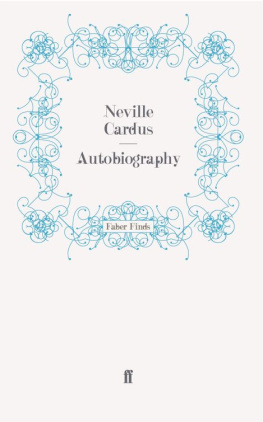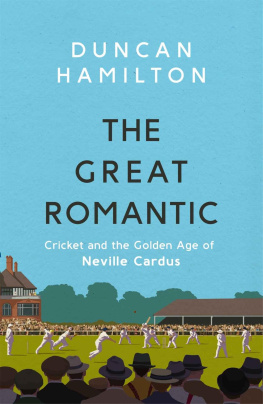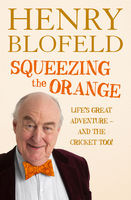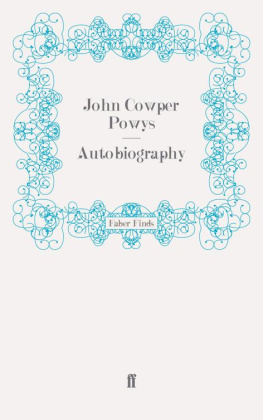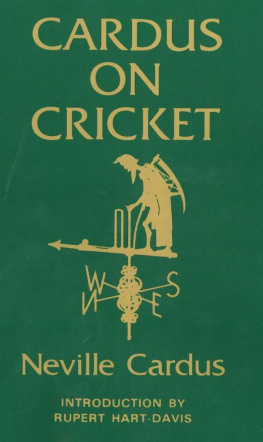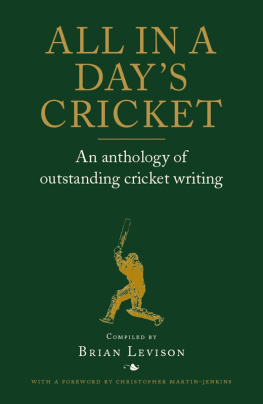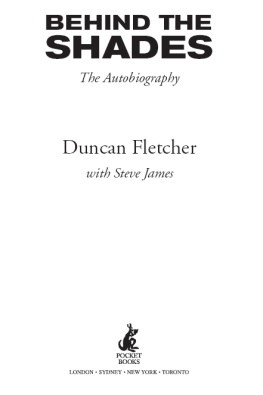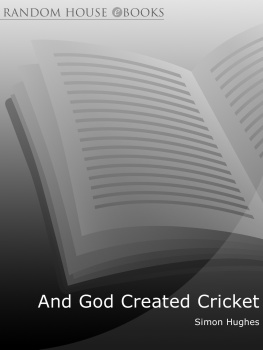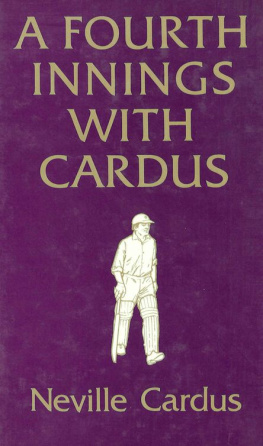A MAN PAST his middle years may resign himself to the thought that his life as a sower of seeds is more or less done with; he is now free to reap from memory, if he should feel that way inclined. I am aware that men of genius have been known to achieve fresh creative energy even in their seventies and their eighties; I speak here only of talented folk. I certainly speak for myself.
So, at the age of fifty-two, I sit myself down in a single top-room of a flat in Sydney, and begin my autobiography; the Australian summer blazes away outside my window, and blazes away the World War; and the immensity of both will no doubt remind me from time to time, and from page to page, of the need of proportion, most of all in a book intended to present merely a personal and temporal life, even if a life that has been full and rich in enjoyment, and sorely tried now and again, and curiously variegated.
In the olden style, I present herewith a Prospectus or Advertisement. Manchester was my place of birth, in a slum. Back-to-back tenements were not unknown in the neighbourhood , but there was a Free Library round the corner, and also there were fields or, let us say, an open space not yet built upon, and utilised in part for the disposal of rubbish; it was called, and called correctly, the Corporation tip. In recent and more progressive years the authorities built an edifice called, with an equally nice sense of words, the Destructor. During the summer cricket was played on these open spaces. Given a library and a cricket pitch, both free of charge, I was obviously blessed with good luck beyond the lot of most boys rich or poor. Here at any rate was the material I needed.
In the Manchester streets and on blasted heaths I began life, on slimy pavements in winter, in the summer when pavement and dust and grime threw back a heat as though from sunshine generated industrially. I attended what was known as a Board School, a place of darkness and inhumanity. I learned scarcely anything there, except to read and write. For four years only did I attend school, delicate years and miserable. At the age of thirteen my formal education came to an end. To this day I am incapable of coping with the most elementary of school examination papers. Any child knows more than I of mathematics (my studies in this direction got as far as arithmetic). I am ignorant of chemistry. I cannot graspnot for long anyhowwhat is a gerundial infinitive. I confuse an isthmus with an archipelago, and cannot confidently spell either. Strictly speaking, I suppose I am formally uneducated.
I earned my first money, my first wages, when I was ten years old, as a pavement artist. I have sold, as well as written for, newspapers. My parents conducted a home-laundry; or, not to be tautological, they took in washing. I once delivered the washing to the home and house of the Chairman of the Hall Concerts Society, delivered it in a perambulator at the tradesmens entrance. Years afterwards I dined with him one night; I was now music critic of the ManchesterGuardian, and he wished to placate my pen on a point of musical policy. As I smoked his cigars, and drank his Liebfraumilch, I could not resist thinking to myself: What a world! I have delivered his washing. My grandmother ironed his dress shirts, and ironed them well, bless her. And here I am and here is heand he is filling up my glass again, trying to make me see reason.
Since the time when I was one of the submerged of Manchester , occasionally short of food, I have lunched in the Savoy, and also in the house of Lady Cunard in Grosvenor Squareonce, as Oscar Wilde said of Frank Harris. Since those proletarian years, I have dined at Lyons and in the Hotel Vierjahreszeiten Mnchen. I saw my first play and my first opera from the sixpenny gallery of the Manchester Theatre Royal. I have met Richard Strauss and Bradman; George Robey and James Barrie; Delius and Jack Hobbs; Schnabel and Tom Webster; James Agate and Gustave Agate; Samuel Alexander (the last of the classical metaphysicians) and Emmott Robinson (also a philosopher of consequence); Sibelius and Edward Elgar and Larwood; J. L. Garvin and Hammond of Gloucestershire. I have been a professional cricketer, and I have been secretary to C. P. Scott of the ManchesterGuardian, and secretary also to Cyril Alington when he was Headmaster of Shrewsbury School. I have travelled to Australia to write about cricket, and I have travelled all over Europe to write about concerts and music.
The reader need not become uneasy; I do not intend to write of the boy that made good. This particular poor boy, as you will discover, lacked conscience somewhat. No self-help or duty or Ladders of Life for him. He declined, in a family which was always living close to the bone, to take on any job which threatened permanence qua real industry and was not related in any way to the enjoyment of life. Manchester was not all bricks and mortar and bread-and-dripping for this delicate boy who incredibly was myself. On one and the same day he saw Henry Irving and A. C. Maclaren and Hans Richter walking in the streets of the Manchester of forty years ago. Not, of course, together.
I spent sixteen years of my youth mainly in books and music and in the sixpenny galleries of theatres. The men on the cricket field were mixed up with the heroes of books and plays. When I went alone on Saturday evenings to the Free Library (and my early youth was spent much alone) I did not go in the spirit of a good boy stirred upward and on by visions of an improving kind. I revelled in it all: excitement and sensuous delight. I argued with Shaw and A. B. Walkley; I went up and down with Mr. Micawber; I heard the whinny of Grane, and I saw the flames consuming Valhalla. I was Kipps, Richard Feverel and David Copperfieldin a place whose odour and atmosphere of india-rubber mats and silence of a municipal reading-room come back to me as I write. I had no time, not even when I was emerging from my teens, for the routing pleasures of my first companions. The girl did not exist in the whole world who could win my heart and passions from Beatrix Esmond; besides, I was a shy youth, except in the world of imagination, where I could be as bold as brass. For Book Learning as such (to use the old term) I had no use; far different was absorption in the creations of rich minds; here was sport indeed. I could not even play cricket without aping the gods of Old Trafford and Lords.
In my twenties, I had the good luck to come under the influence of the ManchesterGuardian, in the period of Scott, Montague, Haslam Mills, Samuel Langford, Sidebotham and Crozier. It was a strain, living up to these Olympians; now and again the atmosphere was not as humane as it might have been. But no finer school has ever been at hand for a young man with my notions and desires. Not that it really was at hand; for years it lay so remote from me that it might as well have been Ballioland not merely a sort of extension of Balliol. To bring to the days diet of sights and sounds the wine of your own temperament; this was C. E. Montagues credo. I have tried to give you an outline, a menu, of the diet of sights and sounds to be served in my book. I shall hope that the wine will be good enough; I was, at any rate, born in a vintage year.

